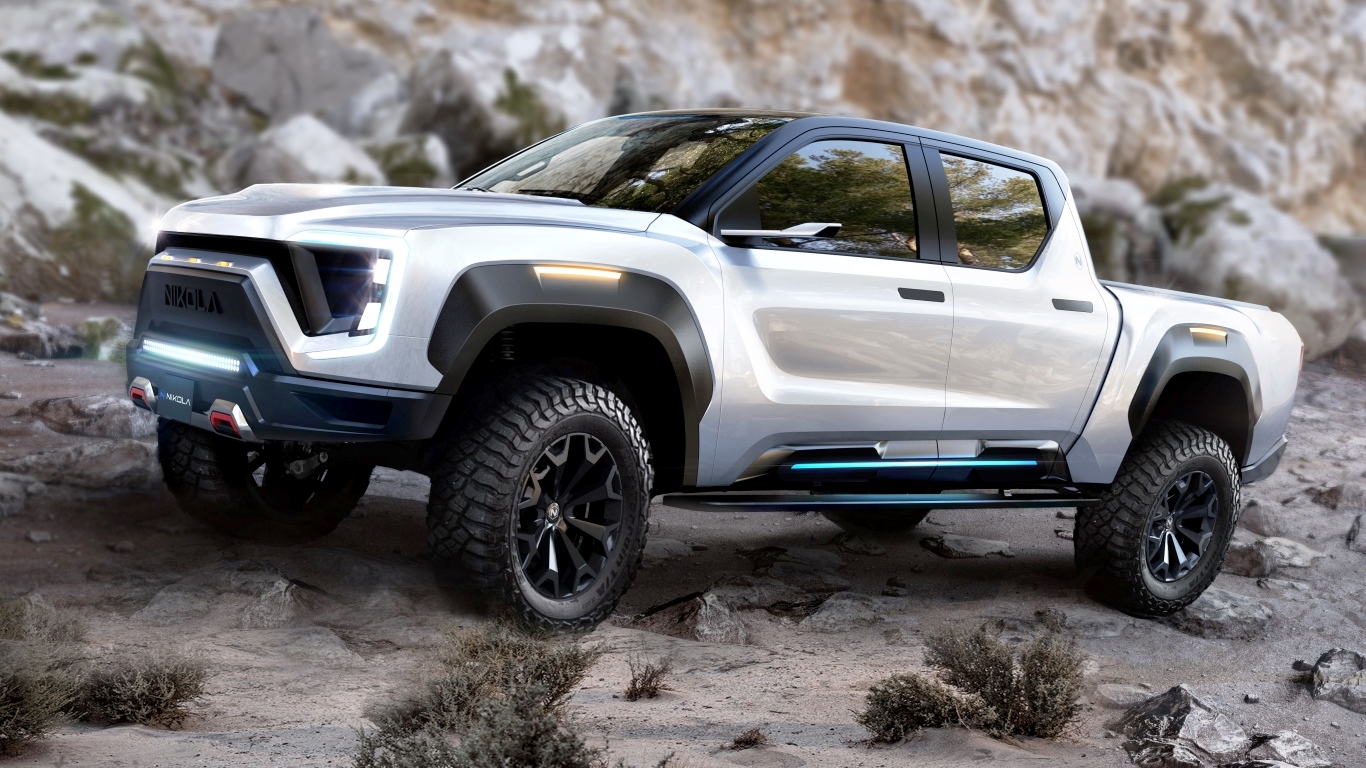
Nikola lost its CEO and turned in poor numbers for its most recent quarter. Its stock, which has been rising rapidly, fell more rapidly on the news (down 26% the day after earnings were announced). Nikola is, once again, a penny stock at $2.50.
CEO Michael Lohscheller left due to a family emergency. The timing was horrible, no matter how difficult the family problem is, because it was two blows to shareholders in one day.
Nikola’s sales remained remarkably small. It posted 45 wholesales and 66 retail deliveries in the second quarter. Revenue actually fell to $15 million from $18 million in the same quarter a year ago. The loss for the period was $217 million compared to $193 million.
Nikola sits on the losing side of the EV industry with Lucid. At least, that is what prominent news service Reuters has suggested. They have too little cash, coupled with too little sales. Better to bet on Tesla and the world’s largest manufacturers. (See why Nikola and Lucid have no future.)
To make its point, Reuters quoted Thomas Hayes, chair of hedge fund Great Hill Capital, who said, “The only ones that have a chance besides Musk are the legacy auto providers and so far they are proving that they are losing money hand over fist trying to get into the EV game.” “Musk” is Elon Musk, the founder of Tesla, by far the leading EV market leader in the United States. (These are the 13 biggest electric vehicle business failures in American history.)
Tesla delivered 466,000 vehicles in the second quarter. By comparison, Lucid and Nikola produced pathetically small numbers. While legacy car companies like Ford did little better on a delivery basis than Lucid and Nikola, Ford has massive product development as well as marketing and dealership networks to help attack the market. Even if they do not reach their goals, they can outspend any car company to get there.
When Lucid and Nikola were founded, two broadly held assumptions about the industry existed. The first was that sales of EVs would skyrocket by mid-decade. The other was that people would pay high enough prices to support high margins. As Musk cut prices, the margin theory fell apart. And, except for Tesla, no real demand has materialized.
Nikola makes heavy-duty trucks. It is a modest-sized market that is dominated by diesel engines. These trucks often cost over $150,000. Long-haul truckers may buy new trucks, but getting them to move to alternative engine solutions will be a hard sell, mainly when they are sold by a company in deep trouble.
It is a good bet Nikola’s shares will drop further.
It’s Your Money, Your Future—Own It (sponsor)
Retirement can be daunting, but it doesn’t need to be.
Imagine having an expert in your corner to help you with your financial goals. Someone to help you determine if you’re ahead, behind, or right on track. With SmartAsset, that’s not just a dream—it’s reality. This free tool connects you with pre-screened financial advisors who work in your best interests. It’s quick, it’s easy, so take the leap today and start planning smarter!
Don’t waste another minute; get started right here and help your retirement dreams become a retirement reality.
Thank you for reading! Have some feedback for us?
Contact the 24/7 Wall St. editorial team.




